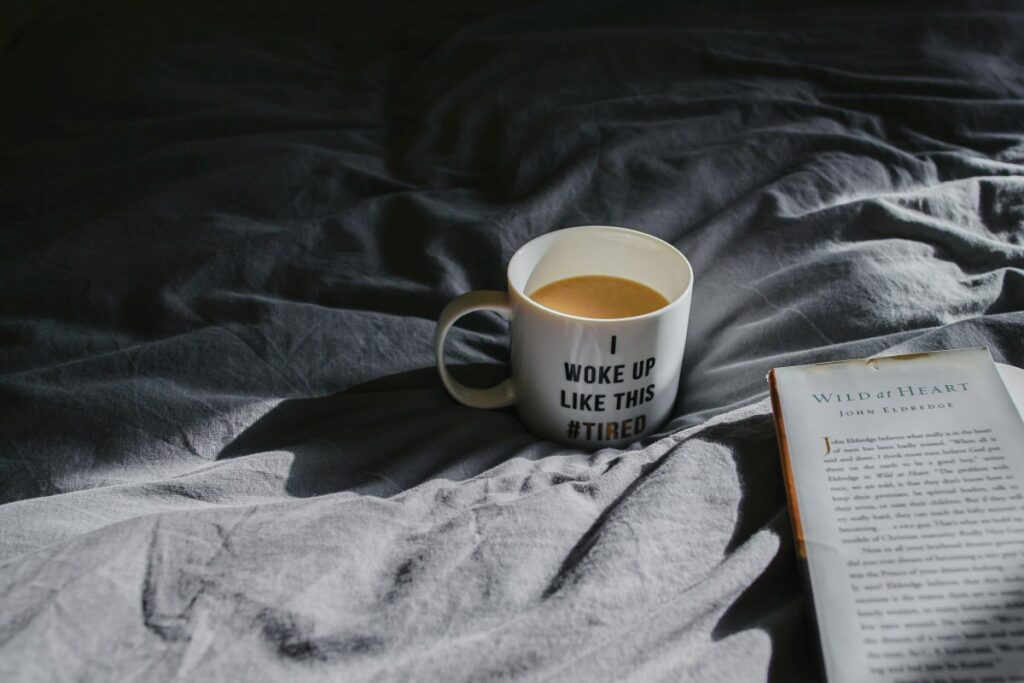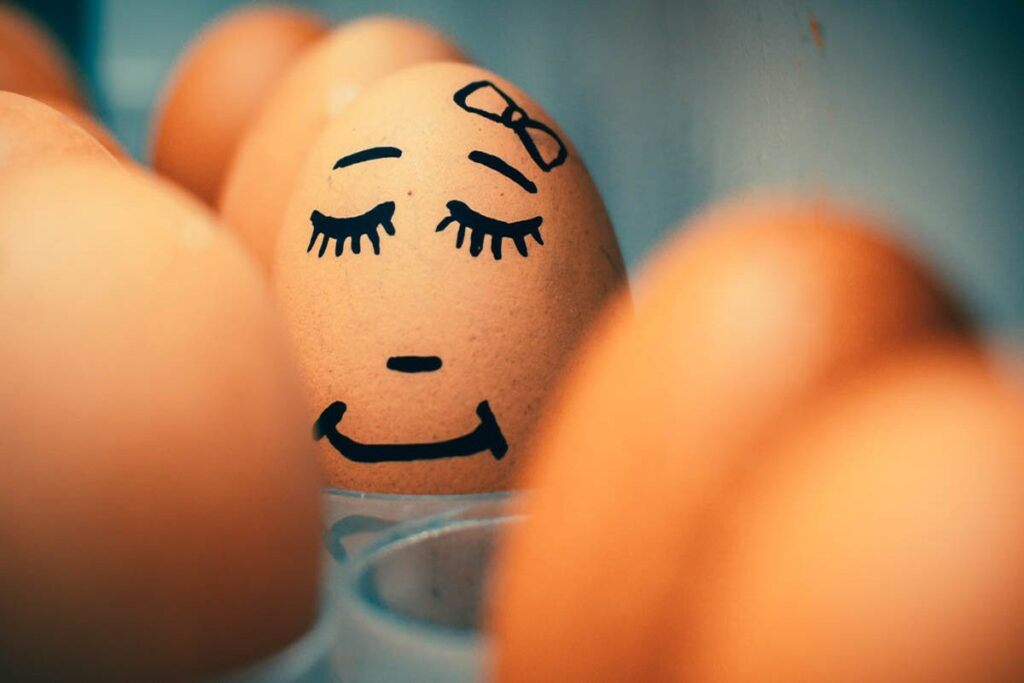Why Do I Feel So Tired?
Why Do I Feel So Tired?
- Lifestyle causes
- Psychological causes
- Physical causes
Lifestyle causes
There may be aspects of your lifestyle that are contributing to your tiredness. You might be feeling that you don’t have enough time in your day, or you might have developed unhelpful habits. Have a look at some of the following lifestyle factors to see if they’re relevant to you:
Alcohol
Drinking too much alcohol impacts the quality of your sleep. Although some people think it helps them fall asleep more quickly, alcohol will actually disrupt your normal sleep pattern and will get in the way of deep sleep. So stick to the recommended guidelines of no more than 14 units a week for both men and women, and this will help to reduce your feelings of tiredness.
Exercise
Exercising too much or too little can affect how tired you feel. You might not feel like doing any exercise at all when you’re tired, but regular exercise will help reduce your tiredness and give you more energy. Even going for a short walk can boost your energy. Start with a small amount of exercise and gradually build it up. It’s recommended that you aim for two and a half hours of moderate intensity aerobic exercise every week. But don’t overdo it. Some people can feel tired because they’re spending too much time exercising, so if your exercise routine is excessive, try cutting back a little bit.
Caffeine
Caffeine is a stimulant found in tea, coffee, energy drinks and colas. Consuming too much caffeine can disrupt your sleep and make you feel agitated during the day, so try cutting down on caffeinated drinks or switching to de–caffeinated alternatives. Dehydration can also cause tiredness, so make sure you’re drinking plenty of water.
Lack of Sleep
It sounds obvious, but too many late nights and a busy lifestyle will take its toll on your energy levels. Most adults need between seven and nine hours of sleep each night.
Daytime naps
It’s understandable that if you’re tired you might try to catch up on your sleep and have a nap during the day. This can make it difficult to sleep at night, however, and can make you even more tired in the long run.
Psychological causes
It’s more common for tiredness to have a psychological cause rather than a physical cause. Psychological causes can include:
Stress
Life can often feel stressful. A wide range of events can cause stress, including bereavement, changing jobs, being made redundant, getting married, a relationship breakdown, and moving house. These can lead to extra worries and can affect your ability to feel relaxed, or to get a good night’s sleep. When you’re under stress, your body experiences an increase of hormones called adrenaline and cortisol. These hormones send your body into ‘flight-flight-or-freeze’ mode and help you deal with difficult situations. In the short term this can be helpful. However, long term stress uses up a lot of energy and will take its toll on your energy levels.
Depression
When people are depressed, they usually don’t have much energy and wake up feeling tired, along with feeling sad and low. Please see your GP if you think you might be depressed.
Anxiety
Anxiety is a high energy emotion which can make you feel worried, irritable and tired. Please see your GP if anxiety has become a problem for you.
Physical causes
Some health conditions can make you feel tired. These include:
- Anaemia
- Underactive thyroid
- Metabolic conditions such as diabetes
- Sleep apnoea
You might also be feeling tired as a result of:
- Pregnancy – particularly in the first 12 weeks
- Being overweight – your body has to work harder to do everyday activities
- Being underweight – your body may have poor muscle strength which will make you tire more easily
- Undergoing cancer treatments, such as radiotherapy and chemotherapy
- Side–effects of medication
- Following a period of illness or infection
- Chronic fatigue Syndrome
If your fatigue doesn’t go away, it’s a good idea to see your GP so that they can rule out a medical condition.
















